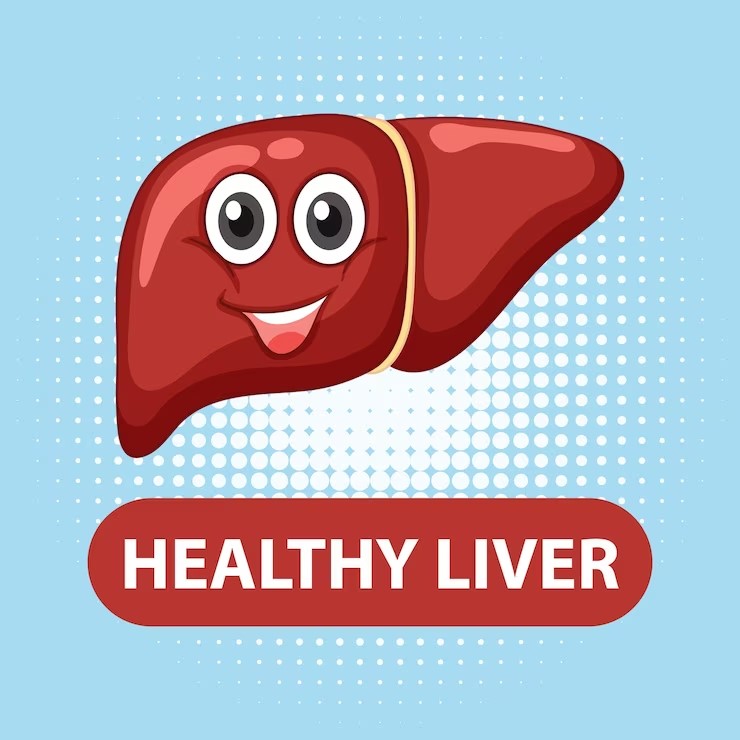The liver is a vital organ that performs numerous essential functions in the body, including detoxification, metabolism, and nutrient storage. However, in recent years, liver diseases and conditions have been on the rise, posing a significant threat to public health. South African men, in particular, need to pay attention to their liver health and take proactive steps to promote its proper functioning. In this guide, we will explore key strategies for maintaining a healthy liver and minimizing the risk of liver-related ailments.
- Eat a balanced diet: A healthy diet is crucial for liver health. South African men should focus on consuming a variety of fruits, vegetables, whole grains, lean proteins, and healthy fats. Avoiding excessive consumption of processed foods, sugary snacks, and drinks is also important. Additionally, it is recommended to limit alcohol intake or avoid it altogether, as excessive alcohol consumption can lead to liver damage and diseases like cirrhosis.
- Maintain a healthy weight: Obesity and being overweight are significant risk factors for liver disease. South African men should aim to maintain a healthy weight through a combination of regular physical activity and a balanced diet. Regular exercise not only helps in weight management but also improves overall liver function.
- Practice safe sex and avoid risky behaviors: Certain viral infections, such as hepatitis B and C, can cause chronic liver disease and increase the risk of liver cancer. South African men should practice safe sex by using condoms, undergo regular medical check-ups, and get vaccinated against hepatitis B if necessary. It is also important to avoid sharing needles or any other equipment used for drug injections.
- Limit medication and supplement use: Some medications and supplements, when taken in excess or without proper medical supervision, can have adverse effects on the liver. South African men should always consult a healthcare professional before starting any new medication or supplement and follow the recommended dosage.
- Stay hydrated: Adequate hydration is essential for liver health. Drinking enough water helps flush out toxins and aids in the proper functioning of the liver. South African men should aim to drink at least 8 glasses of water per day, or more if they engage in intense physical activity or live in hot climates.
- Get vaccinated: South African men should ensure they are up to date with all relevant vaccinations, including hepatitis A and B vaccines. Vaccinations provide protection against certain viral infections that can lead to liver damage and diseases.
- Avoid exposure to toxins: Toxic substances, such as chemicals and pollutants, can harm the liver. South African men should take precautions to minimize exposure to toxins in their environment. This includes using protective gear and following safety guidelines when working with chemicals, solvents, or other harmful substances.
- Regular health check-ups: Regular health check-ups are crucial for early detection and prevention of liver diseases. South African men should schedule routine visits to their healthcare providers, who can conduct necessary screenings and assess liver function. This is especially important for individuals with a family history of liver diseases or other risk factors.
- Manage stress: Chronic stress can negatively impact liver health. South African men should find healthy ways to manage stress, such as engaging in physical activity, practicing relaxation techniques like meditation or yoga, and maintaining a healthy work-life balance.
- Educate yourself and raise awareness: Lastly, it is important to educate yourself about liver health and raise awareness among your peers, family, and community. By sharing knowledge about the importance of liver health and preventive measures, you can contribute to a healthier society.
In conclusion, promoting liver health should be a priority for South African men. By adopting a healthy lifestyle, practicing safe behaviors, and being proactive about regular check-ups, they can significantly reduce the risk of liver diseases and enjoy a healthier life. Remember, a healthy liver is a foundation for overall well-being.










